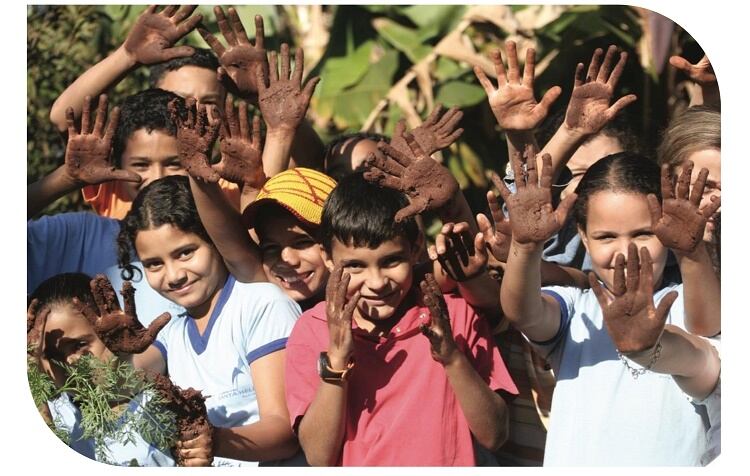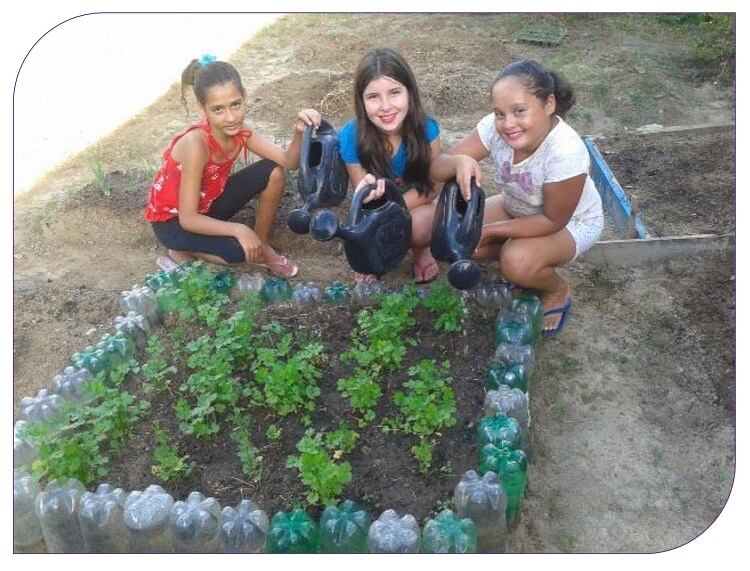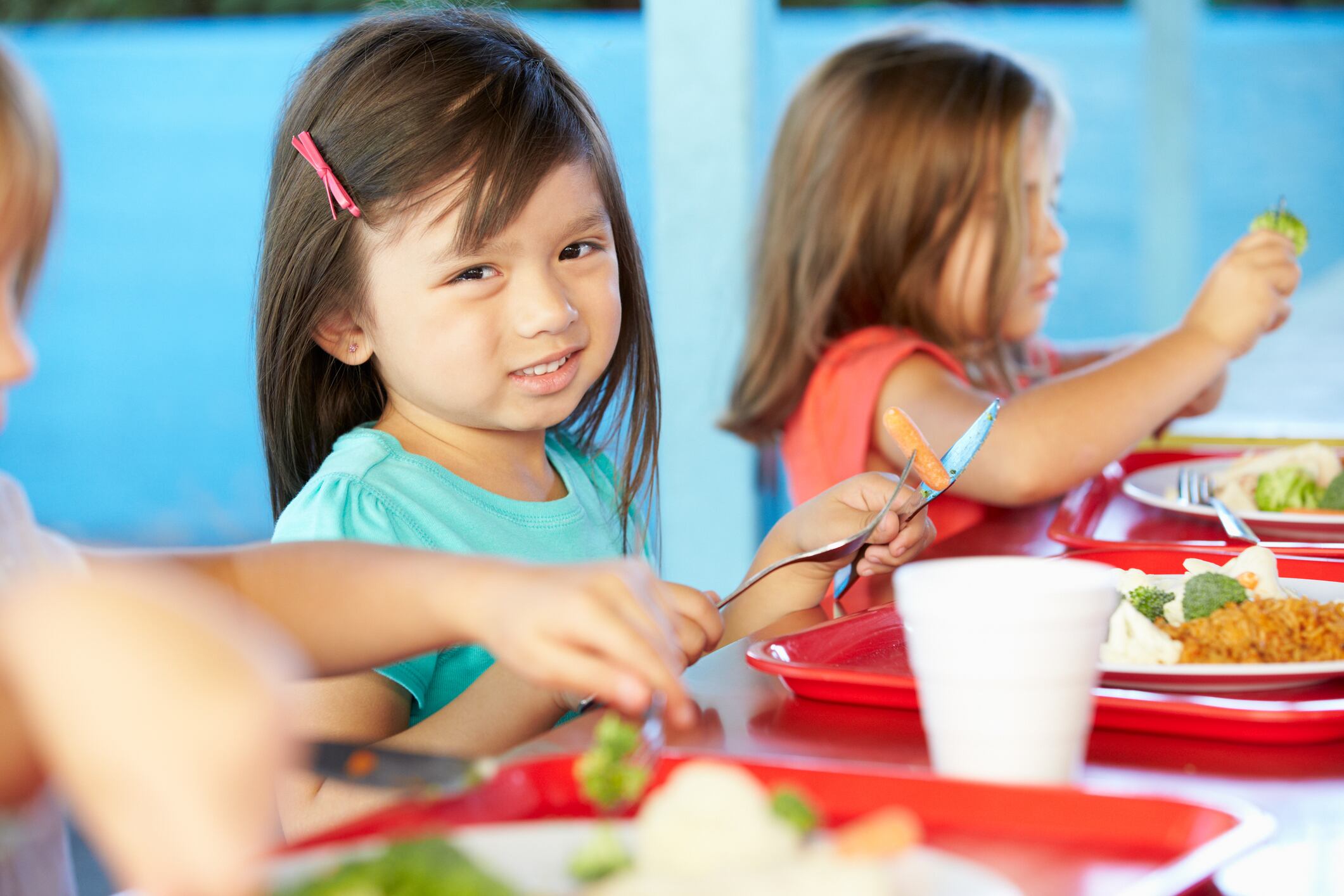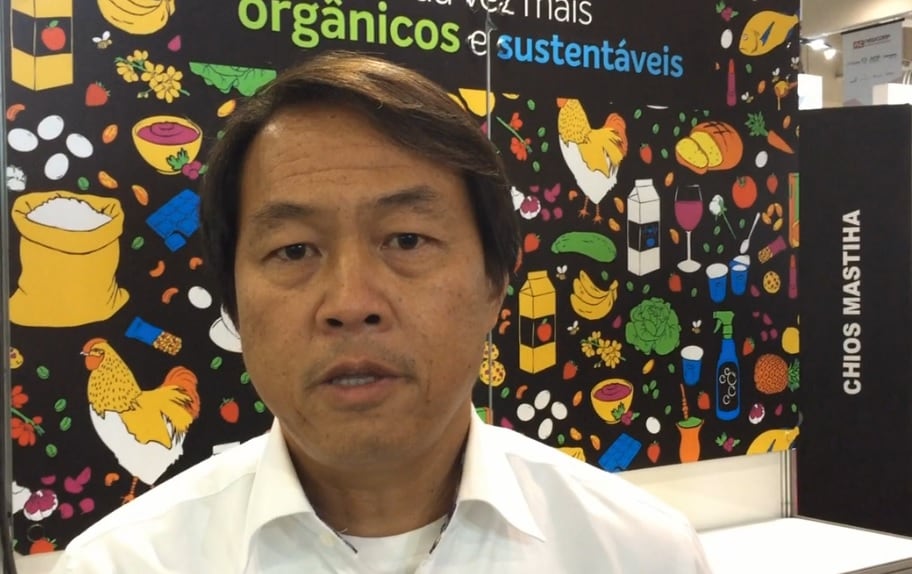Childhood obesity in Latin America has been classified an epidemic, with 7.7% of children under the age of five considered obese or overweight in South America; 6.4% in Central America and 7.2% in the Caribbean – a total of 3.9 million children, according to the latest 2018 report from UNICEF, the World Health Organization (WHO) and World Bank Group. These percentages are higher than the global average of 5.6% where“there has been no progress to stem the rate of overweight in more than 15 years”.
Globally, the number of children and adolescents (aged five to 19 years) overweight or obese has also increased tenfold in the last four decades and if current trends continue, there will be more children and adolescents obese than moderately or severely underweight by 2022, according to a recent study led by Imperial College London and WHO.
Can the firm behind Cadbury, Oreo and Milka fight obesity?
In March this year, Mondelēz International Foundation pledged a further $50m towards global public-private partnership programs to promote healthy lifestyles and address obesity over the next few years, 91% of which was already allocated. Since its inception in 2012, the Foundation had rolled out numerous programs, including in Brazil, Mexico and Argentina – all of which were ongoing.
Speaking to FoodNavigator-LATAM, Sarah Delea, senior director for global well-being and community involvement at Mondelēz International and president of the Foundation, said it was critical industry got involved in fighting childhood obesity.
“You've seen childhood obesity across the globe increase and we know that's been a challenge for a number of years,” Delea said. “One of the reasons we focus on this, and predominantly programs that focus on younger children, are because that's the time to focus effort; to teach them what is a proper diet.”
But was it not conflicting for the company behind Oreo, Cadbury and Milka to be fighting the obesity epidemic?
“I think there's such a need out there,” she said. “...It's really important to help people and especially kids to understand what is a good diet and know your portion; have a cookie, enjoy it and don't rush it down but also know how that fits into your overall diet.”
Companies like Mondelēz had to “be at the table” to hear and address concerns, she said, partly through educating young consumers so they had a well-rounded view about healthy eating.
Importantly, Delea said the Foundation was an entirely independently-run 501c non-profit organization arm of Mondelēz International. It also maintained a very stand-back approach with its partnership programs, free from branding or marketing.
“Our programs are independently implemented and monitored and we want to make sure that we continue that.”
'It's not just about reach...'

Within its programs, the Mondelēz International Foundation used three key performance indicators (KPIs) to measure impact: nutrition knowledge, physical activity and healthier eating metrics.
“It's not just about reach. Reach is always important but what we're really focused on is what change is happening on the ground,” Delea said.
The Foundation had developed a protocol for partners to measure progress of the in-school healthy lifestyle programs, she said.
“When we look at the KPIs, they'll get a sample size to see if the kids have increased fruit and veg intake; are they exercising more; do they know what a good diet is; are they able to identify and read labels; in some markets they'll measure body mass index (BMI) and weight.”
For example, the Health in Action program in Brazil, launched in 2010 with INMED and Instituto Esporte & Educação, had seen a 28% increase in vegetable consumption and a 73% reduction in childhood obesity among participants, INMED found. In Mexico, through its partnership with Save the Children, surveys conducted between 2015-2016 showed there were double the number of children in the program eating three or more vegetables than the previous day.
Delea said the key part about measuring progress against these KPIs was that it indicated “behavioral change” – critical in creating real impact against rising childhood obesity.



